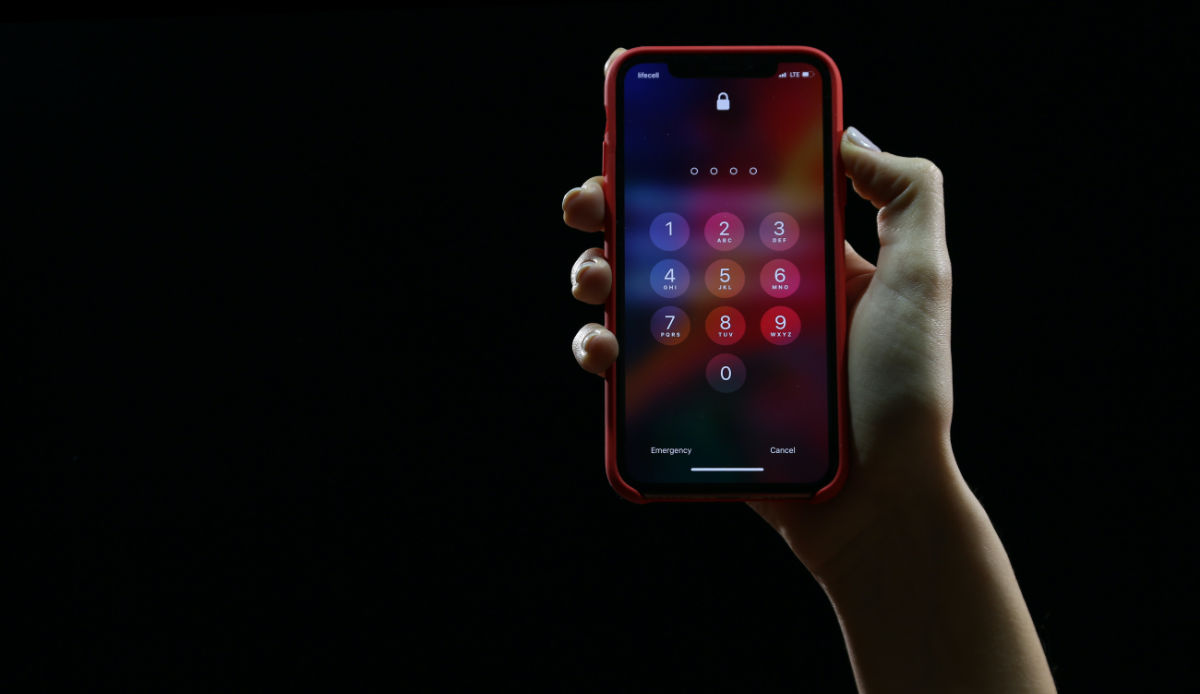Experts predict that by 2021 cybercrime damages will cost $6 trillion annually across the globe. And that was before the coronavirus pandemic hit the global economy. This alarming number proves that businesses are not immune to cyber threats, and even the most security-conscious organizations can fall into the hands of cybercriminals and hackers. It is false to assume that if you own a small business, hackers will not be interested in attacking your company. In reality, businesses of all scopes are under threat if they are out of sync with today’s cybersecurity practices.
Fortunately, most of the cyber threats are avoidable if companies decide to utilize risk management tools and top cybersecurity practices. If you are not 100% confident that your data is safe, check out HackEDU.com if you want your team of developers to receive cybersecurity training and learn how to avoid cyber threats. This article is aimed to guide you through the top security advice that will keep your company well and safe.
Safeguard your hardware
The first step to preventing possible cyber threats is to ensure that your hardware is secure. Do not underestimate the importance of protecting your physical storage disks.
Not particularly sure how to protect your physical storage disks? Inventory management is a great start. Utilizing IT inventory management can help you prevent hardware loss and potential data theft.
Where to begin? Start your inventory management by counting and making a list of all your IT assets. Create another list that specifies which employees have access to corporate devices and networks. Have your employees regularly prepare detailed cybersecurity reports to assess what needs improvement. And lastly, include security services costs into your budget. All of these steps will help you safeguard your hardware and keep track of who has access to the company’s assets.
Backup and encrypt confidential data
In the event when your data is breached or exposed, encryption helps to protect your confidential information by converting it into an unreadable code while it is in storage or transit. Implementing data encryption protects your company’s reputation and builds trust with your present and future clients. Modern data encryption technologies allow a sole person possessing an actual decryption key to decrypt and access information.
Besides encrypting business data, it is important to employ regular backups. Studies suggest that the majority of small businesses neglect data recovery practices. In fact, 68% of small businesses do not have any data recovery plan. Overlooking the importance of regular backups will leave your data vulnerable and exposed to various threats. Make sure to back up your data properly in a retrievable form so that you can access it later.
Use multi-factor authentication

Think about the role passwords play in your corporate life. How many passwords do you have? Passwords were originally designed to ensure that the one person who was supposed to get access to information could actually get access. However, it did not take long for hackers to realize that passwords are guessable, and soon the dictionary attack tools were developed. At that point, everyone realized the urgent need for new authentication technology.
Multi-factor authentication (MFA) is an authentication method that verifies a user’s identity with multiple pieces of evidence. Think of it as multiple layers of security that prevent strangers from entering your space. MFA is much more reliable and secure than regular passwords. If implemented correctly, multi-factor authentication can prevent most cyber threats from happening.
A combination of the following factors can be used to verify a user’s identity:
- Passwords
- Fingerprints
- Codes sent to user’s email/mobile device/smartphone app
- Facial recognition
- Physical devices
- Answers to personal security questions
Invest in cybersecurity
Cybersecurity advances as do the capabilities of hackers and cybercriminals. Investing in cybersecurity insurance protects companies from the effects and consequences of cyberattacks. Moreover, cybersecurity insurance is an essential risk management tool for companies storing and using personal and financial information.
What does the cybersecurity insurance cover? Most insurance companies will help you cover the financial damages and sometimes partly cover the costs spent on recovering your data.
Utilizing patch management is another helpful strategy to stop your information from falling into the wrong hands. Patch management is the process of managing software and installing system patches. Regular patching helps you reduce the chances of system crashes and security breaches.
Educate employees about cybersecurity

Sometimes, employees can jeopardize the cybersecurity of their own company with no intention of leaking data or causing trouble. In most cases, this happens when employees access work-related accounts via unsecured networks. That is why it is so important that you educate your employees on the importance of cybersecurity over their personal convenience.
The first thing you should do is to clearly communicate the potential impact of cyber incidents on your business. As mentioned before, many incidents and seemingly harmless habits that can result in cyber-attacks and significant financial losses.
Here are some cybersecurity tips that can be shared with your organization’s staff.
- Do not use unsecured networks and websites to access work info and mail.
- Avoid sharing sensitive work-related and personal information on social media.
- Create strong passwords. A strong password should be long enough, contain multiple character sets with both lowercase and uppercase characters. Use passphrases instead of words. Change passwords frequently and never use the same password across multiple accounts.
- Never share your work password and login information with others.
- Do not provide any sensitive information via email if the email looks suspicious, and a sender is not your customer or in your contact list.
- Purchase software and products only from official vendors, and not from the third-parties.
- Educate your staff on different types of scams. Check out this article as a reference.
As more companies are switching to the work-from-home model, it is crucial to ensure cyber safety in the condition of the global pandemic. Professionals from Essay Tigers recommend creating dedicated out-of-office cybersecurity policies for remote employees. If you have already created cybersecurity guidelines, do not forget to share them with your workers regularly.
Summing up
Given the constant cybercrime advancements, more and more companies choose to upgrade their cybersecurity practices. Hackers are eager to take advantage of easily accessible passwords, sensitive client information, and financial data. You can stop information from falling into the wrong hands if you follow the tips described in this article.
Remember to encourage cybersecurity awareness and safe browsing culture within your organization. Back up your passwords with multi-factor authentication. Specific rules for email, internet browsing, networks, and work devices will help you prevent undesired data exposure. Data encryption protects your information even when it has gotten into the wrong hands. Using the practices above will keep your company safe even in these turbulent times. To overcome these challenges, stay safe and do not forget about cybersecurity!
What do you think of cyber threats? Let us know in the comments below or on Twitter, or Facebook. You can also comment on our MeWe page by joining the MeWe social network.
Last Updated on February 3, 2021.










